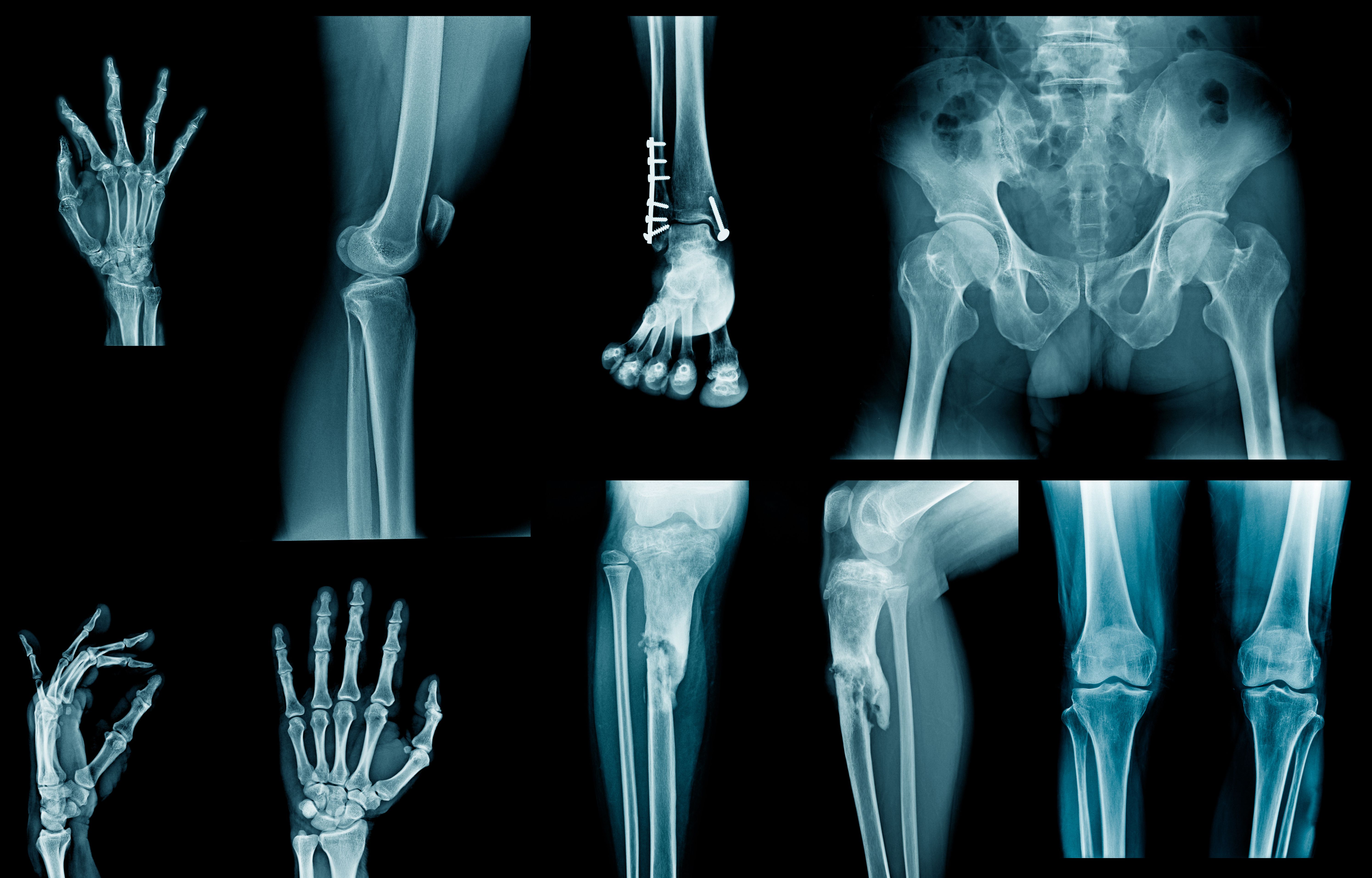Article
Personalized Approach Needed for Biologic Tapering
Author(s):
The practice of systematically tapering biological disease modifying antirheumatic drugs (bDMARDs) in all patients with inflammatory arthritis who have reached a certain disease activity target may not be supported by current evidence, according to a review published recently in Autoimmunity Reviews

The practice of systematically tapering biological disease modifying antirheumatic drugs (bDMARDs) in all patients with inflammatory arthritis who have reached a certain disease activity target may not be supported by current evidence, according to a review published recently in Autoimmunity Reviews.
The likelihood of remission or low disease activity in patients with inflammatory arthritis has greatly increased with the introduction of bDMARDs and treat-to-target strategies. However, bDMARDs are not risk free and their elevated cost continue to present an economic burden. Over the last decade, whether to wean patients from biologic therapies has become an increasingly important factor in defining best management strategies in terms of efficacy, safety, and economic outcomes.
In this review, Christopher Edwards, M.D., of University Hospital Southampton in the U.K., and colleagues outline factors physicians should consider when contemplating tapering biologic therapies in patients with inflammatory arthritis.
When considering tapering bDMARDs, cost should be a factor as these drugs are more expensive than conventional synthetic (cs) DMARDs and there are dose-related side-effects associated with their use. Safety should also be considered, as long-term use of bDMARDs has been linked an increased risk of malignancy and serious adverse effects, in addition to an increased infection rate.
Additionally, while patient preferences should be considered, patient and disease characteristics are important in deciding a tapering strategy. There is a need to identify patients who are most likely to benefit or less likely to relapse as a result of a tapering strategy. Different rates of relapse and flare have been shown in rheumatoid arthritis, axial spondyloarthritis and psoriatic arthritis in patients who reduced therapy.
While limited, current clinical evidence shows how careful and controlled dose reduction can be achieved, even in patients with established severe rheumatoid arthritis, and most patients relapsing respond well upon reintroduction of treatment.
“A multidimensional approach on an individualized basis may be applicable for biological tapering once a treatment target has been successfully reached and maintained for a period of time,” the authors wrote.
Further, international guidelines now envisage tapering of biologics and Janus kinase inhibitors in patients with rheumatoid arthritis who have achieved remission. The European League Against Rheumatism (EULAR) recommendations state that biologics can be tapered if a patient with rheumatoid arthritis is in persistent remission after having tapered glucocorticoids and especially if the treatment is combined with a csDMARD. The EULAR advises that biologic agents can be tapered by reducing the dose or expanding the interval between doses. The American College of Rheumatology (ACR) has also contemplated tapering of csDMARD therapy, tumor necrosis factor (TNF) inhibitors, non-TNF biologics and tofacitinib in patients with rheumatoid arthritis who have achieved sustained remission, but has not defined how long patients need to be in remission prior to dose reduction.
Reasons not to systematically taper bDMARDs include the requirement to practice personalized medicine. A blanket approach cannot be applied to biologic tapering, such as in patients with rheumatoid arthritis who have been in disease activity score 28 (DAS28) remission or low disease activity for more than six months, irrespective of patient goals or clinical judgement based on other factors, including comorbidity and psychology. While the authors question the use of DAS28 to define remission or low disease activity in rheumatoid arthritis, they note that definitions of remission or low disease activity are even grayer in psoriatic arthritis and ankylosing spondylitis.
“Reason number one for attempting systematic weaning of biologic therapy cannot be substantiated on current evidence because the only target that has been assessed is not sufficiently robust, it does not reflect various significant disease dimensions, it is hardly important to the individual patient and is not even frequently achieved in the entire population of patients,” the authors wrote.
Further, the overall quality of evidence on bDMARD tapering remains modest in rheumatoid arthritis and poor in ankylosing spondylitis and psoriatic arthritis, limited to anti-TNFs and not applicable either to the entire patient population or to subgroups. Meanwhile, existing evidence does not fully address important health outcomes following bDMARD tapering, such as sustained maintenance of a good arthritis state, improved treatment adherence, reduced incidence and severity of side-effects, along with similar or reduced incidence and severity of comorbidities. Additionally, most clinical trials suggest that loss of control of disease activity requiring treatment escalation will occur in at least half of the patients in whom bDMARDs were tapered or stopped.
Moreover, the latest EULAR recommendations for bDMARD tapering in rheumatoid arthritis state that treatment decisions are based on disease activity and other patient factors, siding with the practice of a personalized medicine approach.
“It is absolutely clear to any practicing rheumatologist that personalized medicine cannot (and should not) be encapsulated into a single outcome (disease activity) however this is assessed,” wrote the authors, who suggested “a personalized line of action, tailored to each individual's disease state and characteristics.”
REFERENCE
Christopher J.Edwards, Mauro Galeazzi, Salvatore Bellinvia, et al. “Can we wean patients with inflammatory arthritis from biological therapies?”Autoimmunity Reviews. December 18, 2019. doi: 10.1016/j.autrev.2019.102399




